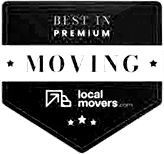- About
- Moving Services
- Antiques
- Art & Uniques
- Cross Country Moves
- Estate Moves
- Full Service Moves
- Long Distance Moves
- Los Angeles Moves
- Moves Within California
- Packing Crating Services
- Pianos
- Residential Moves
- Small Moves
- West Coast Moves
- Storage
- Freight / Shipping
- Tips & Tools
- Blog
- FAQ
- Movers Glossary
- Moving Brochure
- Moving Checklist
- Moving Tips
- Rights and Responsibilities
- Ready to Move Brochure
- Reviews
- Discounts
- Get Quote
- Now Hiring
- Contact
- Accessibility

We have earned the service industry’s coveted Angie’s List Super Service Award, reflecting an exemplary year of service provided to members of the local services marketplace and consumer review site in 2016.
Understand What Qualifies as a Cross-Country Move
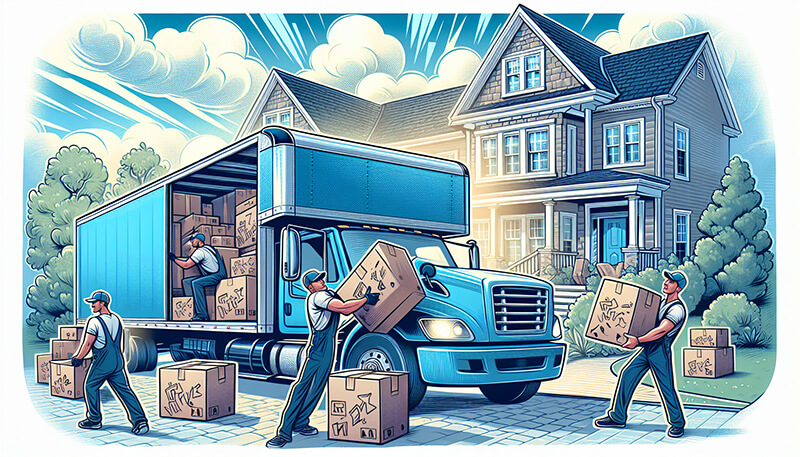
A moving service that spans across state lines is encompassed by the term “cross-country move,” irrespective of the actual distance covered. As such, a journey to another state can be considered cross country even if it’s not notably long. Such moves come with their own set of legal and logistical considerations.
When a move exceeds 400 miles, it typically falls into the category of long-distance, which often overlaps with cross-country relocations. Recognizing whether your moving process qualifies as cross-country is crucial for choosing an appropriate cross-country moving company and grasping any pertinent regulations in play—like interstate moves necessitating registration of movers with the Federal Motor Carrier Safety Administration (FMCSA).
Understanding these classifications serves as a critical initial step in organizing your move, equipping you to make educated choices regarding different moving companies and their offered services. With this essential understanding, you can begin researching potential movers with confidence during your moving preparation.
Research Moving Companies Thoroughly
When selecting a moving company, conducting thorough research is crucial. Look up the company on review platforms such as Yelp or Google Reviews to assess its reputation and levels of customer satisfaction. Don’t limit your investigation to these reviews. Confirm that the moving company maintains a good standing with the Better Business Bureau for proven reliability. Is the moving company a member of any moving associations like California Moving & Storage Association (CMSA) or American Trucking Association, Every state as a moving association or is connected to one. These associations police their members, they help to keep movers ethical and legal and the criminal, unethical movers don’t join these groups.
For added confidence in your choice, it’s advisable to communicate directly with former customers. In situations where online reviews are not plentiful or detailed enough, requesting references from the moving service should be your next step. This firsthand feedback can provide more transparency regarding their dependability and quality of service offered.
To ensure you’re engaging with trustworthy professionals during this significant transition, opt for a reputable moving entity that carries proper licensing and insurance—necessary precautions against fraudulent practices. If you decide to hire professional movers adept at managing all aspects of heavy lifting through an established agency, they will help streamline your cross-country relocation process.
Verify Credentials and Licensing
Ensure that you confirm the legitimacy of the moving company by checking their credentials and licensing to safeguard against fraudulent activities. Visit the company’s website - do they have a license listed? Usually this is at the bottom of the page. There should be a DOT number and / or a Motor Carrier number. If there is no license number, the chances are high that you are dealing with a broker masquerading as a mover.The Federal Motor Carrier Safety Administration (FMCSA) website offers a trustworthy platform where their USDOT number can be verified.(https://safer.fmcsa.dot.gov/CompanySnapshot.aspx). If the moving service is to be performed inside of CA, visit Bureau of Household Goods and Services (https://search.dca.ca.gov/hhm_search)
It is crucial to verify that the moving company possesses an authentic local address and review their insurance and licensing details. Taking these steps helps you avoid scam incidents, providing assurance that your possessions are in the hands of a genuine, professional moving service. Look the address up on Google - is it actually an apartment?
Get Multiple Moving Quotes

Securing several quotes from different moving companies allows for a comprehensive comparison across multiple dimensions, extending beyond mere cost considerations. When soliciting estimates, it’s crucial to provide uniform details such as pictures and dimensions of your belongings while specifying any objects not intended to be transported.
Scrutinizing the fine print is essential when evaluating movers’ quotes. This goes far beyond just assessing the total charge. It’s important to question what services each company includes in their proposal and keep an eye out for signs of trouble, like remarkably low bids that could suggest concealed costs or inferior quality service.
Gathering a range of quotations aids in gauging the typical market prices so you can determine which moving company presents the most advantageous deal. This strategic approach facilitates hiring proficient movers who align with your specific relocation requirements.
Evaluate Moving Insurance Options
When relocating across the country, it’s essential to secure appropriate insurance coverage for your possessions. Two predominant types of moving insurance exist: Full Value Protection and Released Value Protection. The former ensures comprehensive safeguarding by promising repair, replacement, or compensation for items that incur damage. Conversely, Released Value Protection is a more economical option as it comes at no extra charge but compensates only $0.60 per item pound.
As you prepare for your move, selecting an insurance plan tailored to meet your needs can ensure safety for all of your belongings during transit. Offering robust protection based on the value of the items you are moving with Full Value Protection could be beneficial if substantial coverage is a priority.
Some customers have homeowner’s insurance that offers coverage for damage caused by movers. If this is the case it is a very good option, since it is already paid for and would eliminate the cost of buying mover’s coverage for the move. It also eliminates what is called the “burden of proof”. When coverage is bought from a moving company it is called Mover’s Valuation Coverage. Moving company personnel are not insurance salesmen, as that requires an insurance license. The moving company will be responsible to repair or replace the damaged item at their discretion to make things how they were before the damage. In this case the burden of proof falls on the customer to “prove” that the moving company damaged the items. This is standard in the industry. With homeowner’s coverage, the customer just files a claim with his insurance company and they do the rest and the “burden of proof” now lies with the moving company to show if they did or did not damage something.
Ask About Packing Services
The entire moving process can be significantly eased by employing packing services. Numerous companies provide both full and partial options, giving you the flexibility to select a level of service that suits your financial plan and time frame throughout the moving process.
Engaging professional packers saves valuable time and guarantees secure and efficient packaging of your possessions. This is particularly advantageous for delicate or high-value items necessitating extra care during packing. Some firms extend their services to include unpacking at your destination, accelerating your transition into your new home.
Inquiring about the caliber of materials utilized in packing—like robust containers and protective bubble wrap—is important as they play a critical role in safeguarding items while they are being transported. The success of the move can be greatly influenced by meticulous attention to these details.
Inquire About Additional Services and Fees
Additional Services include:
Packing of Boxes and Fragile Items: If not already requested in the original quote for services, “long carries” are where the distance from where the truck can park to the house is over 75 feet. The 75 feet from the truck to the house should be free—as that is standard in the industry.
Shuttle Fees: When a truck cannot get into a residential area because of its size, the driver may be required to rent a shuttle truck to bring your items into the residential area.
Note: Wrapping furniture in moving blankets and securing it with tape is NOT an extra service—it should be part of the move and is standard in the industry.
Extra Labor: Situations at the pick-up point or the destination point can require more man hours and labor than was planned for, such as flights of stairs or hard-to-access terrain. This should be known about before the move and during the estimating process. It is the responsibility of the mover and the customer to know and report any of these things that might add labor and manpower.
Flights of Stairs and Elevators: Flights of stairs leading up to the home (not inside the home unless it is a heavy piano or large bulky item) are considered additional services. Elevators are also considered additional services. These should all be known about at the time of estimation and before the move.
Unpacking Service: This means taking things out of boxes and placing them where they belong in cabinets or drawers. This is not a standard moving service and would be considered an additional service. Placing furniture where it belongs and boxes in the proper rooms is NOT an unpacking service and is done standardly at no additional charge.
To prevent unforeseen expenses during your moving service, inquire about potential extra fees relevant to your circumstances. Additional costs might be incurred from various situations, such as handling bulky items, needing temporary storage solutions, or maneuvering through multiple levels of stairs. Being informed about these charges at an early stage allows you to plan financially and eliminates unwelcome surprises later on.
Make sure also to discuss possible fees associated with particular challenges like ascending or descending flights of stairs, utilizing elevators, or negotiating tight access routes common in urban settings. Having knowledge of these probable expenses will equip you adequately for compensating any supplementary services required throughout the course of moving.
Plan Your Move Well in Advance
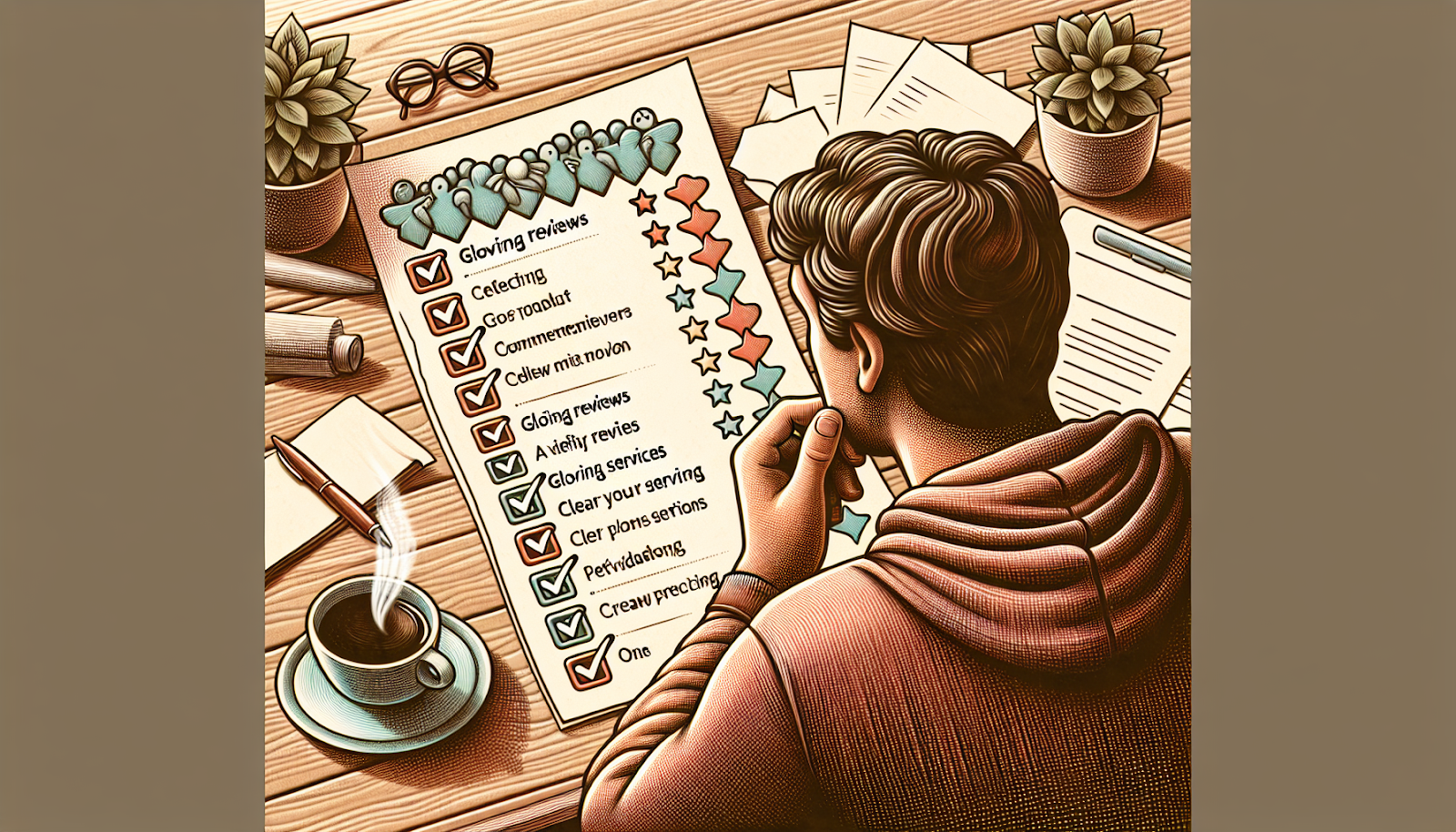
For a successful move, it’s essential to schedule your moving company well in advance. Aim for booking two to three months prior to ensure you get the date that suits you best and have a wider range of options.
Booking early is particularly crucial during the busy moving season when competition for services increases significantly. By securing your reservation ahead of time, you can prevent any last-minute letdowns while ensuring that the company can accommodate your unique requirements.
Obtaining several estimates beforehand will provide insight into the typical costs and help with budget planning for your relocation. This proactive strategy allows sufficient time for informed decision-making and thorough coordination of your move.
Prepare a Comprehensive Moving Checklist
Having a thorough moving checklist is crucial for a streamlined and well-organized long-distance move. Make sure it encompasses a timeline, financial plan, and specific duties to be accomplished. Arrange services with your chosen moving company at least two to three months ahead of time to guarantee the date you desire.
Incorporate responsibilities such as setting aside vital belongings in their own packing space and advising your movers on details regarding parking availability and entry points. As you accomplish each item on your list, mark them off to maintain progress.
Your final steps before moving day should include cleaning out your previous residence thoroughly while prioritizing the unpacking of necessities upon arrival at your new home. Don’t forget to keep an eye on weather forecasts. With an orderly checklist in place, navigating through the complexities of a long-distance relocation becomes more straightforward and much less overwhelming.
Protect Your Belongings During the Move
It is essential to secure your possessions when undertaking a cross-country relocation. Employ high-grade packing supplies, such as bubble wrap and robust cartons, while also utilizing furniture pads and coverings to shield larger pieces from scuffs and impacts.
Make sure all boxes are distinctly marked, especially those containing delicate objects, so that they receive careful handling during the move. It’s common for movers to label each container according to the destined room in order to streamline the unpacking process. For items of significant value, it’s advisable to keep them with you rather than placing them inside the moving truck.
To provide additional security for your belongings on their journey, consider fitting a GPS tracking system onto the moving truck alongside a trustworthy lock. Adopt appropriate loading methods by putting heavier items at the bottom and evenly balancing loads. This helps prevent shifting within transit that can lead to damage—thus guaranteeing safe arrival at your destination.
Summary
In essence, the fundamental elements for orchestrating a smooth cross-country relocation are rooted in careful planning and methodical organization. Delving into the intricacies of long-distance moves and carrying out due diligence on moving companies is vital to ensuring everything goes according to plan. Soliciting various estimates, considering insurance coverage options, and exploring any extra services provided by these companies should enhance your overall preparedness for the move.
Wrapping up this discourse, it’s evident that with these specialized insights at your disposal, you stand better poised to face the complexities involved in moving across country lines. By allocating sufficient time for strategic preparation and discerning decision-making processes, you’re setting yourself up not just for an uneventful migration but one filled with positivity as you embark upon life’s next chapter in your new dwelling. Here’s wishing you a seamless transition during your momentous journey!







